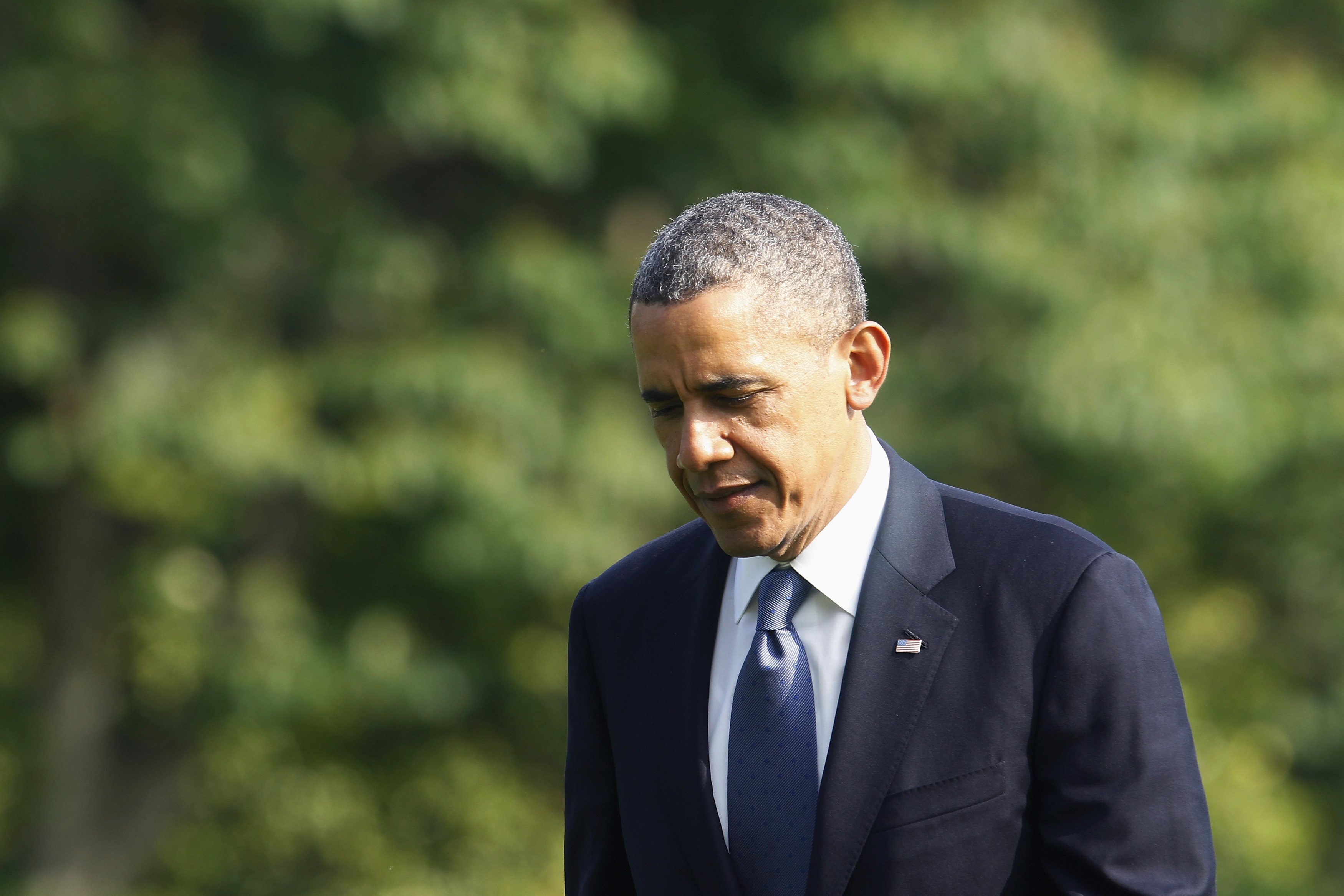US President Barack Obama insisted Thursday he would not let the fate of fugitive intelligence leaker Edward Snowden ruin ties with Russia and China, but Washington warned Ecuador not to give him asylum.
Snowden is wanted by the US authorities for leaking sensational details of vast US surveillance programmes.
The Kremlin says he has been in the transit zone of Moscow's Sheremetyevo airport since he arrived on a flight from Hong Kong on Sunday.
But there has not been a single sighting of him at the airport and his travel plans remain a mystery after he failed to board a flight to Havana on Monday.
Ecuador, seen as his most likely eventual destination, on Thursday denied claims by WikiLeaks that it had given Snowden a "safe passage" document.
And in Quito, Ecuador's President Rafael Correa told reporters that the government had not yet considered his case.
"We would probably examine it, but for now he is in Russia," he added.
But the affair has already triggered a war of words between the United States and Ecuador.
It also risks further aggravating tensions between Washington and Moscow, as well as Beijing, already strained over the Syria conflict.
Obama nevertheless made it clear there were limits to what the United States would do to catch Snowden.
"I am not going to be scrambling jets to get a 29-year-old hacker," he said Thursday during a visit to Senegal, giving the wrong age for the former National Security Agency (NSA) technician, who recently turned 30.
Obama indicated he did not want to ruin ties with Moscow and Beijing for the sake of Snowden, but also rejected any "wheeling and dealing" over the intelligence specialist.
He had not called President Xi Jinping of China or Russian President Vladimir Putin to discuss the issue, he said.
"The reason is, number one, I shouldn't have to. This is something that routinely is dealt between law enforcement officials in various countries," said Obama.
While Putin has indicated he is keen to see the back of the unexpected visitor, he has also rejected US pressure to hand over Snowden. The two countries have no extradition treaty.
On Thursday Ecuador dropped out of a trade pact with the United States, claiming it had become an instrument of "blackmail."
In response, Washington told Quito it wanted to maintain good economic relations but warned that granting asylum to Snowden would cause "grave difficulties" for bilateral ties.
Countering claims by WikiLeaks, Ecuador's Political Issues Minister Betty Tola denied that the government had authorised the delivery of any "safe passage or refugee document" to allow Snowden to travel to the country.
Ecuador's London embassy is giving refuge to WikiLeaks founder Julian Assange as he faces extradition to Sweden on allegations of sexual assault.
'Almost certainly grant asylum'
Venezuelan President Nicolas Maduro meanwhile said Caracas would "almost certainly" grant political asylum to Snowden if he applied.
Maduro, who like Ecuador President Rafael Correa is a leftist anti-American populist, is expected in Moscow next week for an energy summit.
Snowden had been expected to leave Moscow on an Aeroflot flight on Monday to Havana, where he could have caught a connection to Quito. But he has not taken that flight or any other this week.
A source quoted by Russia's RIA Novosti state news agency said Snowden cannot currently leave the transit zone because he has no valid documents.
"He is not flying to Cuba or anywhere else for that matter," the source said.
Another source quoted by Interfax said the situation was at a "dead end" and there would only be a breakthrough when a third country formally offered Snowden asylum.
This raises the prospect that Snowden could be in limbo for weeks or even months.
Putin has denied suggestions that Russia could be holding up Snowden deliberately to allow an extensive debriefing at the hands of Russian special services.
Snowden abandoned his high-paying intelligence contractor job in Hawaii -- which he himself described as "living in paradise, making a ton of money" -- and went to Hong Kong on May 20.
He then began issuing a series of leaks on the NSA gathering of phone call logs and Internet data, triggering concern from governments around the world.
He arrived in Moscow on Sunday on an Aeroflot flight from Hong Kong, a special administrative region under Chinese rule.
As the row continues over Snowden, US media has reported that a former top general is being investigated for having allegedly leaked details about a US cyberattack on Iran.
Citing unnamed legal sources, NBC News said retired Marine Gen. James Cartwright has been told he is under investigation for allegedly disclosing details about the Stuxnet attack on Iran's nuclear facilities.
Cartwright, 63, is the former vice chairman of the Joint Chiefs of Staff. The four-star general retired from the military in August 2011.





















































